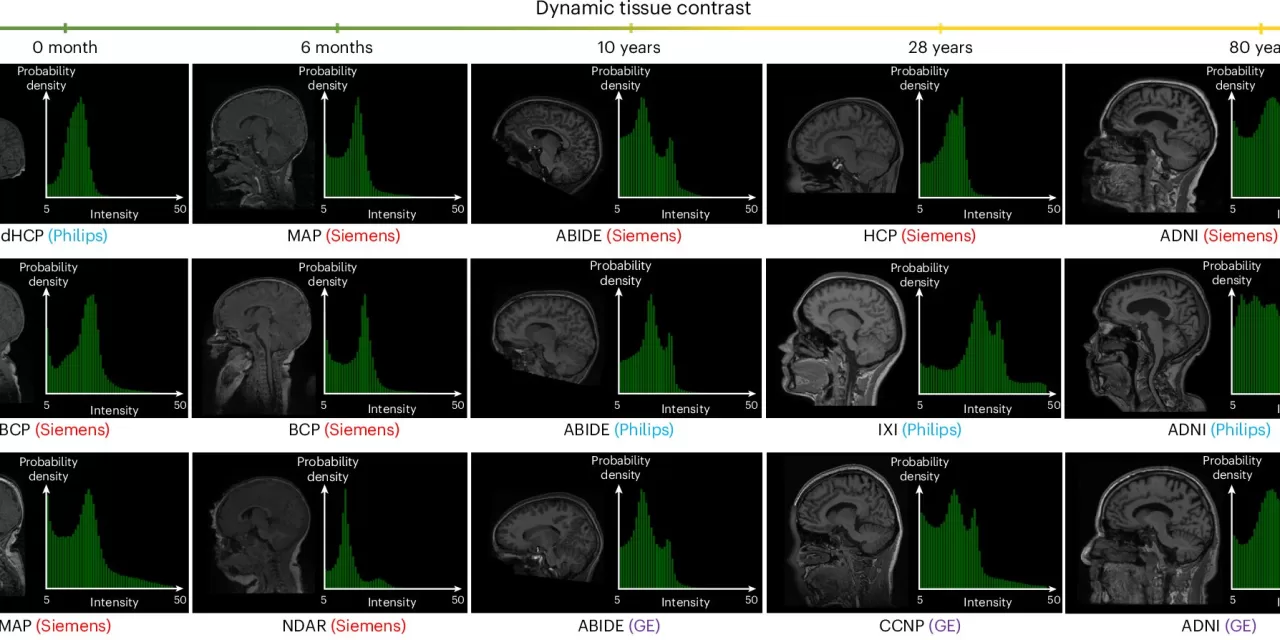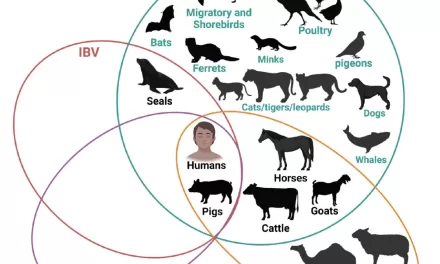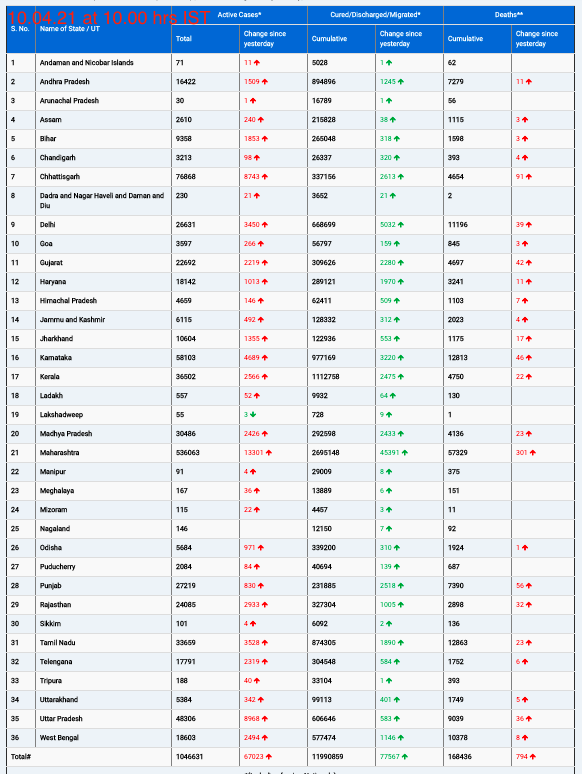Researchers at [University Name] have developed groundbreaking artificial intelligence (AI) models that significantly enhance the accuracy and reliability of magnetic resonance imaging (MRI) scans of the brain. These advancements, detailed in recent publications in Nature Biomedical Engineering, promise to revolutionize brain research and clinical diagnosis.
MRI, while a powerful tool for visualizing brain structures, suffers from limitations. Patient movement during scans can introduce artifacts, hindering clear interpretation. Additionally, variations in MRI scanners and imaging protocols across different institutions complicate data analysis.
The first AI model addresses the critical step of “skull-stripping,” where non-brain tissue is removed from MRI images. This process is crucial for accurate brain analysis but can be challenging due to variations in brain size and tissue contrast across individuals and age groups. The new model, trained on a massive dataset of 21,334 scans from diverse sources, effectively removes non-brain tissue while accurately capturing age-related brain volume changes.
The second AI model, named BME-X, enhances overall image quality. It effectively corrects for motion artifacts, reconstructs high-resolution images from low-resolution data, reduces noise, and harmonizes images acquired from different MRI scanners. This harmonization capability is particularly significant, as it allows for more consistent and comparable data across institutions.
These AI-powered advancements have the potential to:
- Improve clinical decision-making: By providing more accurate and reliable brain images, clinicians can make more informed diagnoses and treatment plans for neurological conditions.
- Facilitate large-scale research: The models can enable more robust and reproducible research across multiple institutions and imaging modalities.
- Advance neuroimaging research: The improved image quality will pave the way for new discoveries in brain development, aging, and disease.
“Our generative AI models can perform more accurate and reliable analyses of brain structures, which is critical for early detection, diagnosis, and monitoring of neurological conditions,” said Dr. Li Wang, associate professor of Radiology at [University Name].
These groundbreaking AI technologies hold immense promise for transforming brain imaging and advancing our understanding of the human brain.
Disclaimer: This is a sample news article based on the provided information.












